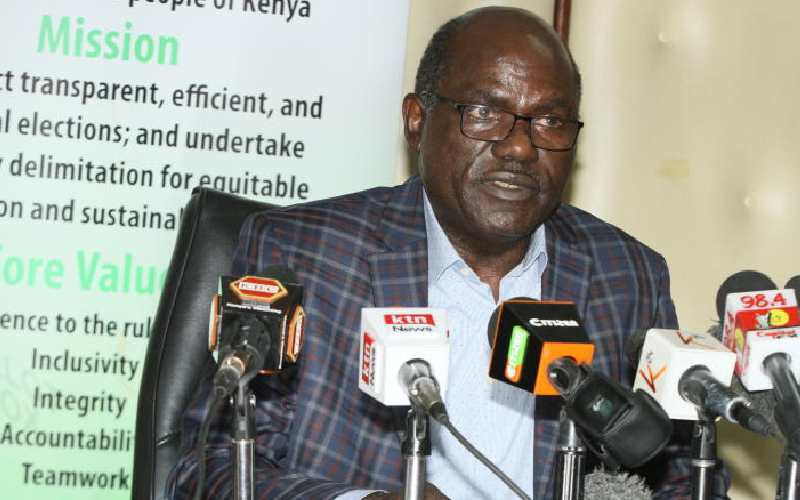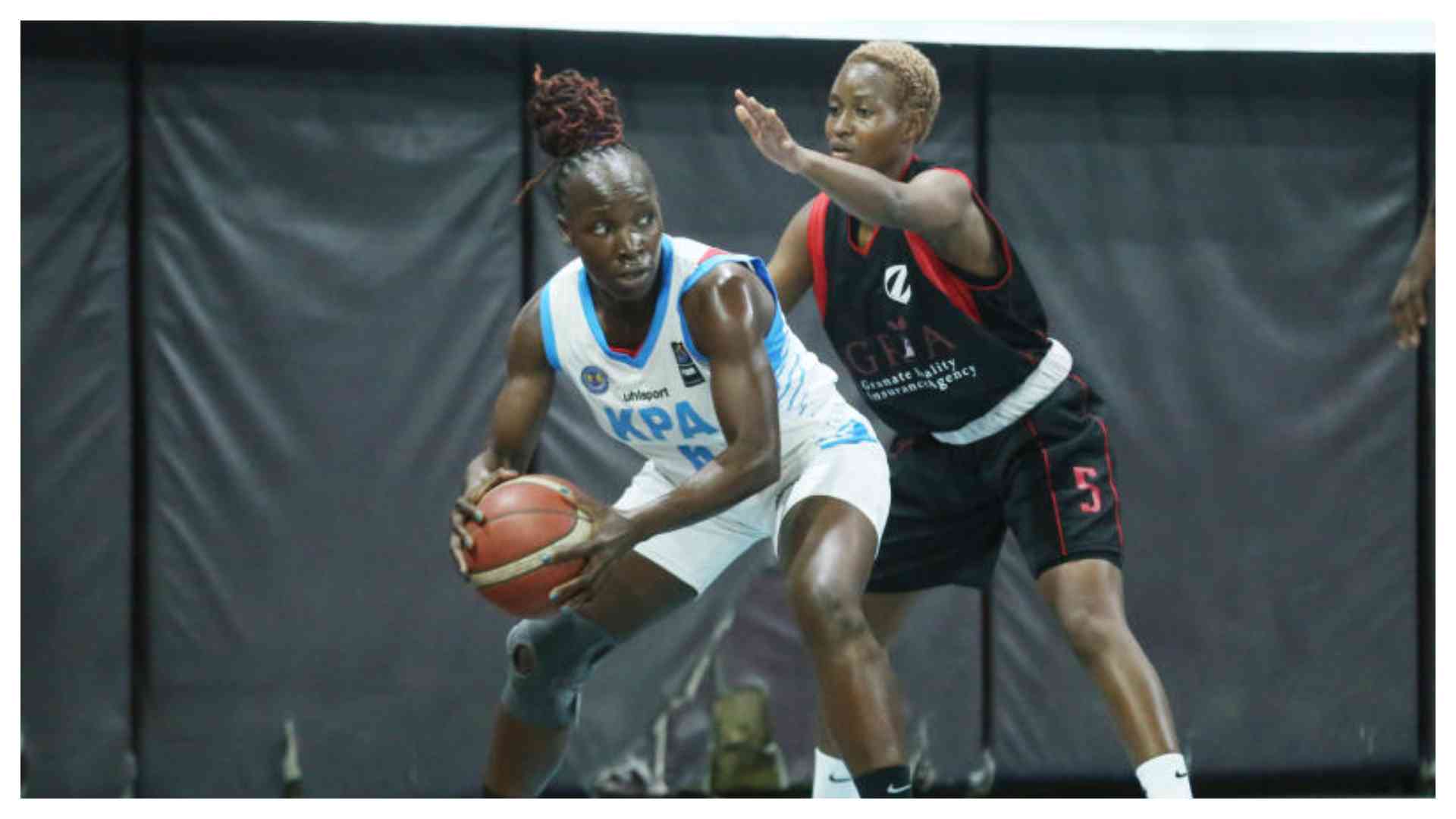×
The Standard e-Paper
Join Thousands of Readers

Audio By Vocalize

IEBC Chairman Wafula Chebukati addressing the media on September 5, 2022. [ Jenipher Wachie, Standard]
The Independent Electoral and Boundaries Commission (IEBC) chairperson has been stripped of the powers to verify, tally and declare the presidential results.
